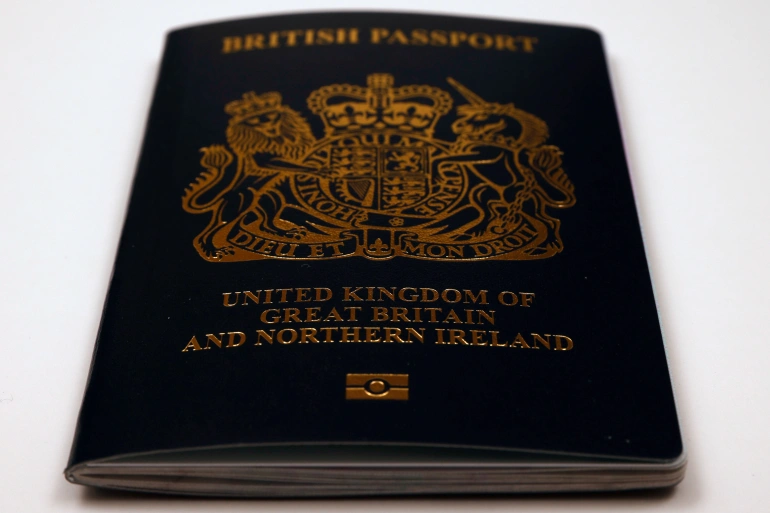
Dated: 2 January, 2021
London, United Kingdom
Last month, the UK government, citing national security and other broad but largely vague interests, has moved to implement rule changes to the British Nationality Act of 1981 that attempt to strip individuals of their British Citizenship without first giving them warning.
The specifics regarding these recent changes stem from Clause 9 – “Powers of the Secretary of State relating to citizenship etc., “Notice of decision to deprive a person of citizenship.” The Clause was updated to permit the Home Secretary to revoke an individual’s citizen with zero notice when they believe it is not “reasonably practicable” or in the interests of national security, or diplomatic relations or not in the public interest generally.
These new changes are extremely vague and increase the powers of the Home Secretary to strip individuals of citizenship without first complying with due process. “Reasonably practicable” is too permissive a legal standard to provide any protections against the unjust treatment by governments, states Wanda Sanchez Day, a Civil Rights attorney with UNITED SIKHS. The message that this sends to all citizens is that despite being born and raised in the UK, they cannot be secure in their belief that they are protected by their government and entitled to due process.
Due process offers minimum protections that include notice of an adverse action by the government. Due process relies on basic and widely recognized notions of fairness and is necessary to protect everyone from unrestrained government abuses. “There is no greater injustice than to be exiled without even knowing you have been expatriated,” states Gurpal Singh, Senior Humanitarian Aid Executive, International Field Operations, London, UK.
In 2018, the British Nationality Act of 1981 was amended to allow the Home Secretary to serve notice by putting a copy of it in a person’s file – but only in cases where their whereabouts were unknown. The ongoing attempt to strip individuals of their British nationality affects mostly minority groups within the UK.
With the amendments presented in December 2021, the Home Office may strip an individual without any notice at all. “A powerful government like the UK has no compelling need to resort to measures that are secretive and that may undermine the trust in the rule of law in the minds of its citizens. If your citizenship can be affected without first having an opportunity to be heard, and you are exposed to conditions that further deprive you of the ability to redeem your citizenship, for example that you cannot enter and petition a court in your home land, where does that leave you?” states Mr. Gurpal Singh.
The Home Office claims that British citizenship is a privilege. However, being able to return to the place of one’s birth is a very basic human right. It is a responsibility of all governments to those who have been accepted or were born within their borders to protect that right. Most nations should uphold the principle that it is a responsibility of governments to the international community to which they belong not to cause statelessness. “Who will be responsible for these citizens once they are expelled?” states Mr. Gurpreet Singh, CEO at UNITED SIKHS. “The move is draconian by all democratic standards.”
The amendments to the 1981 Act, Section 40, subsection (5) (which requires notice to be given to a person to be deprived of citizenship) would include the following changes:
“(5A) Subsection (5) does not apply if it appears to the Secretary of State that—
(a) the Secretary of State does not have the information needed to be able to give notice under that subsection,
(b) it would for any other reason not be reasonably practicable to 35 give notice under that subsection, or
(c) notice under that subsection should not be given—
(i) in the interests of national security,
(ii) in the interests of the relationship between the United Kingdom and another country, or 40
(iii) otherwise in the public interest.”
But, the amendments do not end there. Other amendments include language that could make the changes retroactive. For example, the new language in other parts of the Act reads as follows:
“A failure to comply with the duty under section 40(5) of the 1981 Act in respect
of a pre-commencement deprivation order does not affect, and is to be treated as never having affected, the validity of the order.”
These amendments are not only unfair, and mostly target minority groups of Islamic backgrounds, but are so vaguely written that every citizen of the U.K. must be concerned.
If you have any questions regarding these amendments or have been impacted, please reach out to UNITED SIKHS at contact@unitedsikhs.org.
UNITED SIKHS
Director, Manvinder Singh









There are no reviews yet.